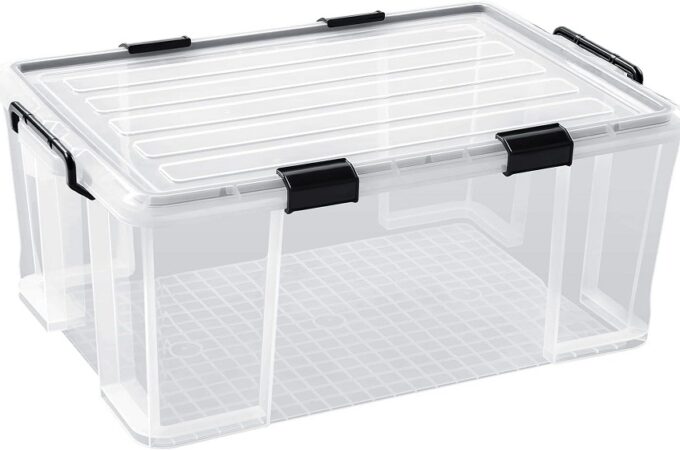
Budgeting Techniques to Curb Impulse Purchases
Emotions lead to impulse buying, which can hurt, creating unexpected expenses and depletion of a person’s financial resources. Applying proper budgeting strategies is essential when controlling how you spend your money so that you don’t have to spend on items you don’t need.
Here are some valuable tips, like the 50/30/20 rule, to help you how to stop impulse buying and attain your financial objectives.
The 50/30/20 Rule
This is another common and simple budgeting strategy called the 50/30/20 rule. This method allocates your income into three categories: In case of needs, it is equated to 50%; for wants, it is 30%; while for savings and debt payment, it is 20%. Well-defined is the essence of this rule as it aids in differentiating between the mandatory expenditures and those that would warrant one’s monetary spending spree. Keeping your ‘wants’ to thirty percent of your income protects you from spending on unnecessary things. This method also ensures that, at the same time, you are saving and paying off your debts, thus enhancing discipline.
Envelope System
The envelope system is a cash management technique whereby you create envelopes for various expenditures, including meals and entertainment. You put the cash so designated into envelopes with labels for each category. They enable one to set aside specific amounts for certain categories of expenditure. Once the money in an envelope is spent, spending more of it in that category the next time is easier. One can set aside money for a specific category of expenditure again. This method aids in curtailing expenditure physically, and it also assists you in being sensitive to how easy it is to part with your cash when you have no proper spending plans. It is an efficient method that helps to monitor and thus restrain your expenditures and follow the set financial plan.
Zero-Based Budgeting
Zero budgeting means you must work through every dollar of the income available and plan every expenditure and savings you make in the month. This approach means that spending money on an item or service becomes arduous because you have to explain every expense account to your budget. By this method, you are better positioned to assess each purchase critically and make sure it falls in the correct category of your financial planning. Because zBB starts from the ground up and reviews every single expenditure, it is ideal for controlling unnecessary or frivolous spending while achieving viable financial objectives.
Use of Budgeting Apps
In the era of freely available credit, best budget apps are tools to minimize a person’s random purchases. The apps contain aspects that calculate your spending and personalized spending constraints and send notifications to users should they reach a spending limit they have set on the offer features. These apps provide full-time income transparency and are a better tool to adhere to your expenses. Budgeting apps will help you see where you overspend routinely and learn to curb your temptation to buy things you don’t need.
Delayed Gratification: The use of the ‘24-Hour Rule’
The 24-hour rule’ means that there should be at least one whole day between the unplanned purchase and the actual purchase event. This will allow the potential buyer to take time and balance their emotions before purchasing a particular product. By so doing, at times, you may realize that the feeling of purchasing something is reduced, which assists you in avoiding making a purchase that you would have regretted. This way of budgeting is most effective when used together with other approaches to budgeting and strengthens the practice of conscious, rational usage of one’s money.
Final Thoughts
Resistant impulses to make purchases should be tamed by combining formal personal financial planning methods with another set of effective mental strategies. Ways to lower your impulsivity include the 50/30/20 rule, the envelope system, zero-based budgeting, and the use of budgeting apps. Just stick to it and avoid making impulsive purchases that keep your budget off track with your long-term financial plan.





